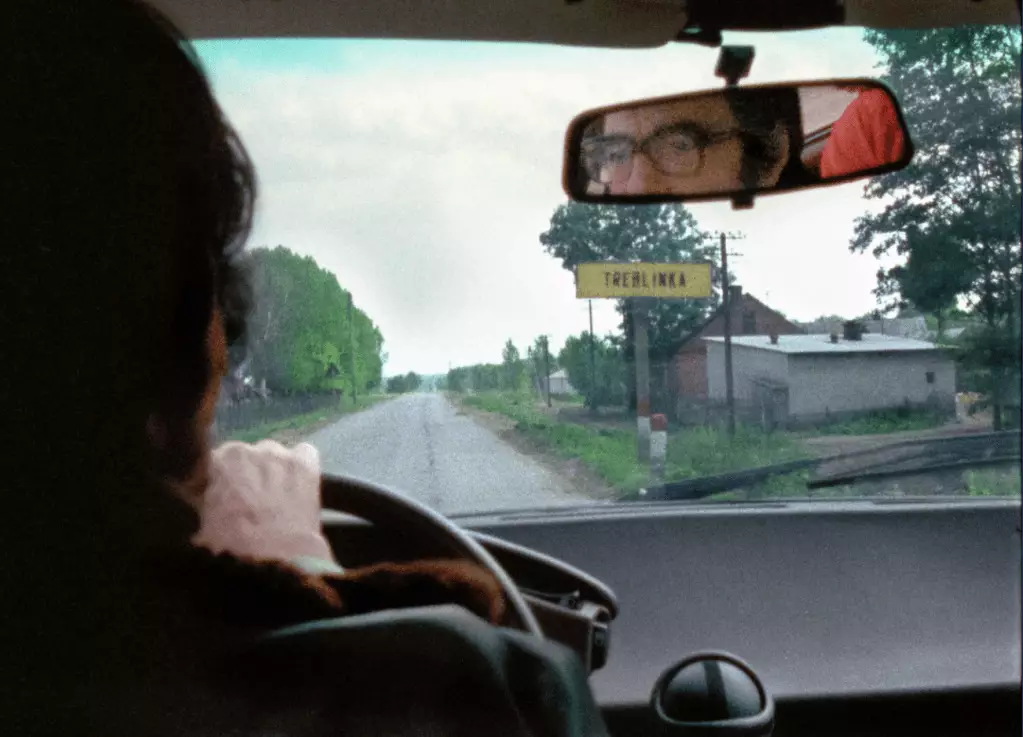As the Berlinale Film Festival marks the 40th anniversary of Claude Lanzmann’s monumental documentary “Shoah,” audiences are given a rare opportunity to rediscover an essential piece of cinema that transcended its time. Initially released in 1985, “Shoah” stands as a profound exploration of the Holocaust told through the voices of survivors, bystanders, and perpetrators from 14 nations. Its absence of historical footage speaks volumes; rather than relying on conventional imagery, Lanzmann’s work resurrects the voices and memories of those who lived through one of humanity’s darkest chapters. This unique approach has made “Shoah” an significant educational tool and a continuous point of reference in discussions about historical memory.
In pursuit of the unspoken horrors of the Holocaust, Lanzmann ingeniously used interviews to draw out personal narratives that reveal hidden truths. The Berlinale program aptly notes that instead of presenting a traditional narrative filled with data and footage, “Shoah” serves to reincarnate the Jewish tragedy. By revisiting the actual sites where atrocities occurred, the film transforms these locations into living witnesses that echo the pain and suffering of countless lives extinguished. Lanzmann’s sensitivity to the subject matter elevates the film from mere documentation to a veritable act of remembrance.
A New Lens on an Old Masterpiece
Debuting alongside the anniversary of “Shoah” is a new film titled “All I Had Was Nothingness,” directed by Guillaume Ribot. This documentary not only commemorates the legacy of Lanzmann but also invites a contemporary re-examination of the themes presented in the original work. By showcasing previously unseen footage and utilizing Lanzmann’s own reflections from his memoirs, Ribot breathes new life into the discussion surrounding the Holocaust. One striking moment reveals the indifference of neighbors confronted by Lanzmann regarding a suspected war criminal living among them — an uncomfortable truth that remains relevant today, reminding us of the moral obligations we hold towards history and to one another.
Claude Lanzmann would have celebrated his centennial this year, and as we look back on his contributions to film and societal discourse, it becomes clear that his work continues to resonate deeply within modern cinema. His final documentary, “Napalm,” illustrating his complex journey during a visit to North Korea, exemplifies his unyielding passion for storytelling. As a close associate of influential thinkers like Jean-Paul Sartre and Simone de Beauvoir, Lanzmann possessed both the artistic vision and philosophical insight to challenge audiences to confront uncomfortable realities.
In 2023, “Shoah” was rightfully inscribed into the UNESCO Memory of the World Register, further solidifying its relevance in preserving the memory of the Holocaust for generations to come. The intersection of Lanzmann’s innovative documentary style and Ribot’s reflective homage invites new discussions about the narrative of memory, accountability, and representation of historical events. As we delve into these cinematic works, we are reminded that the past is not merely a collection of facts, but a living narrative that influences our present and shapes our future. Therefore, the legacy of “Shoah” remains not only a reflection of history but also an ongoing call to vigilance and remembrance, urging each viewer to engage with the past actively and with empathy.


Leave a Reply